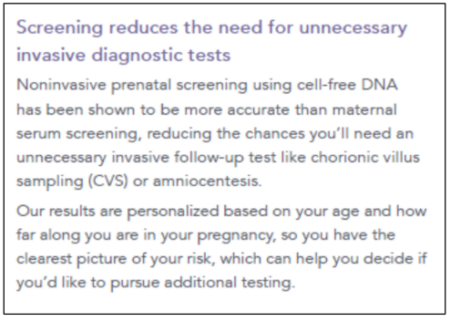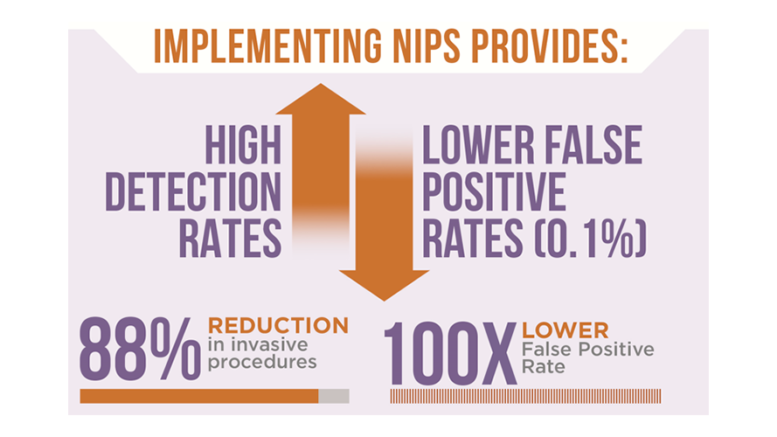Myriad Genetics claims its Prequel Prenatal Screening tests are almost 100 percent accurate in determining if a fetus has potential serious medical or mental issues.
But a February California federal lawsuit claims that in 85 percent of the time, the tests result in false positive results in parents facing the possibility that they should end the pregnancy or undergo painful follow-up tests.
“As a result of these false positive screenings, women are forced to undergo the very invasive testing that Defendant claims its Tests help women avoid, including amniocentesis and CVS,” the suit says.
“During an amniocentesis, a needle is used to remove amniotic fluid from the uterus for testing. Similarly, during a CVS procedure, a catheter or needle is used to biopsy placental cells that are derived from the same fertilized egg as the fetus. Both procedures include an increased risk of miscarriage.”
The suit follows a January investigation by the New York Times, which pointed out that these tests provided by Myriad and a dozen other companies are now a $600 million business.
“Despite this inaccurate testing, Defendant falsely advertises their findings as reliable, accurate and offering peace of mind for patients regarding the viability of their pregnancies,” the suit says.
“These false positives can lead to devastating personal consequences and painful decisions that are premised upon this wrong information.”

The New York Times investigation says that some of the companies sell tests for “conditions so rare that there are few known examples for comparison.
“Both Labcorp, which purchased Sequenom, and Myriad Genetics offer screenings for one disorder that is so rare its prevalence is unknown, and another, called Jacobsen syndrome, that affects 1 in 100,000 births.
“Dr. Diana Bianchi runs a National Institutes of Health laboratory studying prenatal blood screenings. She said of Jacobsen syndrome, “I’ve never seen a case of that in my 20-plus years of practicing genetics.”


